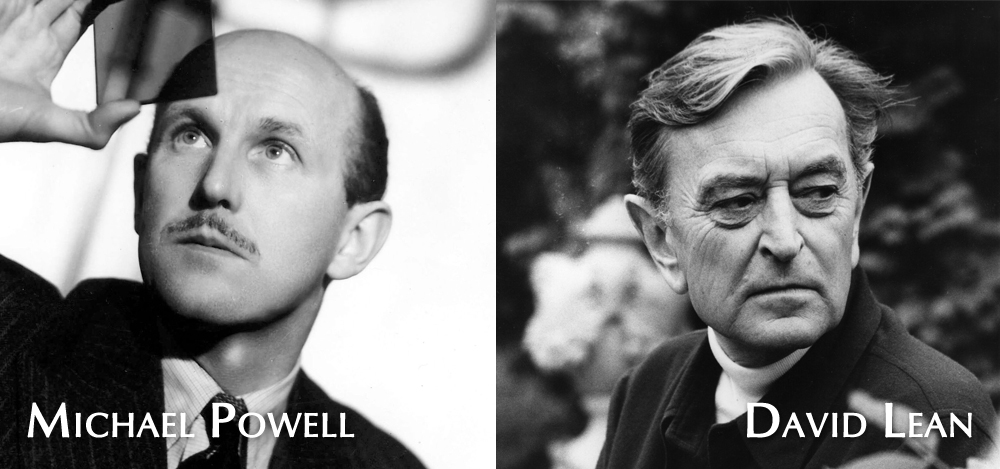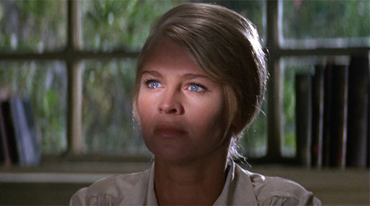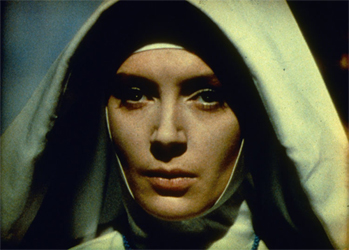 My fall film appreciation course provides an opportunity to see two films by British directors – David Lean and Michael Powell. Both directors achieved critical acclaim and popularity.
My fall film appreciation course provides an opportunity to see two films by British directors – David Lean and Michael Powell. Both directors achieved critical acclaim and popularity.
However, it would be difficult to find any artistic or even British similarity between these two directors. Their differences are so great that one could easily imagine them disliking each other.
In his epic films such as “Doctor Zhivago” and “A Passage to India,” David Lean reveals his passion for depicting trains crossing a vast, continental space. Lean is unquestionably the film poet of a journey by train. His respectful portrayal of historical and cultural themes reflects his enormous sense of craft and intellectual discipline. Lean spares no financial expense to produce his grand effects and to make it all seem realistic.
Yet, there is an air of contrivance in his work. What David Lean can do with mastery is to take an actual situation and enlarge it enormously through naturalistic, cinematic means.
We are thrilled watching his actors in the locales in which he places them. We are interested in their emotional distress and outbursts. Peter O’Toole in Lawrence of Arabia is shameless and almost embarrassing in some scenes. But in the end, we have not really learned anything new about people from a David Lean film, however great the entertainment. They have merely been magnified.
Michael Powell is in a class by himself. Though quintessentially British in background and manner, Powell had very little interest in the real or actual world. He was not interested in politics, social issues, or the depiction of historical events.
What Powell understood completely was the way strong-willed women could be deflected, defeated, or humiliated by masculine egotism. In “The Red Shoes,” the heroine ballerina can only escape by leaping to her death. In “Black Narcissus,” Deborah Kerr is driven to becoming a religious recluse by one man’s fecklessness. Even then, she is repeatedly mocked by another man. There is nothing like the psychological novelty of a Michael Powell film.
Even more astonishing is that Powell’s films do not enlarge the real world as Lean’s films do. Instead, they turn everything familiar into pure fantasy. We always seem to be in a fairy tale in Michael Powell films. In his own words, they bring us to “the other side of beyond.”
There are moments in a Michael Powell film that haunt our imaginations.
Dr. Benito Rakower was educated at Queens College and Harvard University, where he received a doctorate in the teaching of English. Before getting his degree at Harvard, Dr. Rakower was trained professionally at the piano in German Baroque and French repertoire.








